Governance at Stellenbosch University
Stellenbosch University is governed and managed according to the principles of transparency, accountability and excellence, as set out in the Higher Education Act, 101 of 1997, and the SU Statute of 2019. Our University’s governance structure ensures a clear distinction between executive management and statutory oversight, supporting its mission to be Africa’s leading research-intensive university.
SU Council governs our institution, in line with the powers, responsibilities and functions set out in the Statute – the constitution of our University, providing the institutional framework within which the effective governance and administration of the University are conducted.
Governance and Management hierarchy
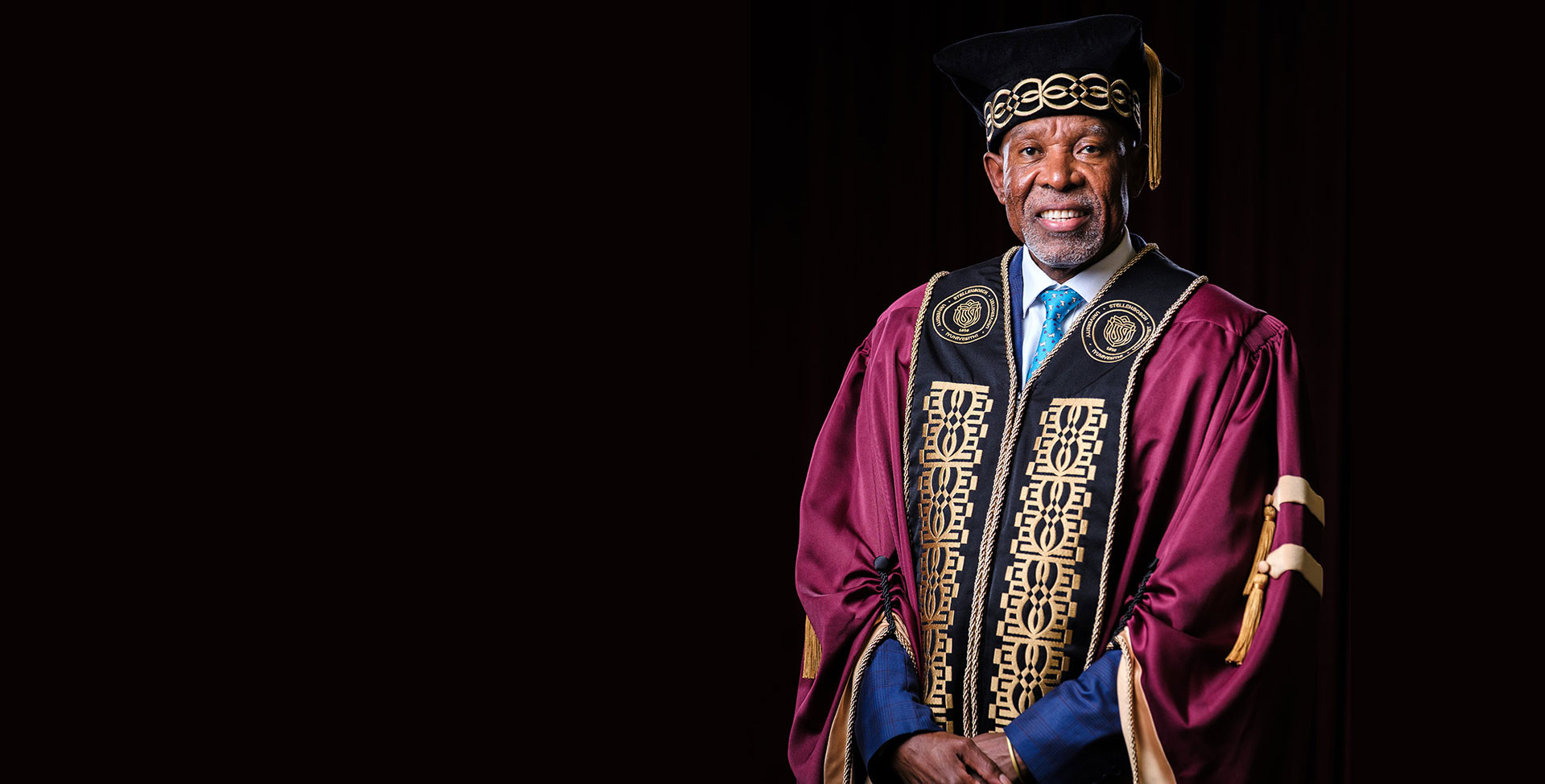
The Chancellor
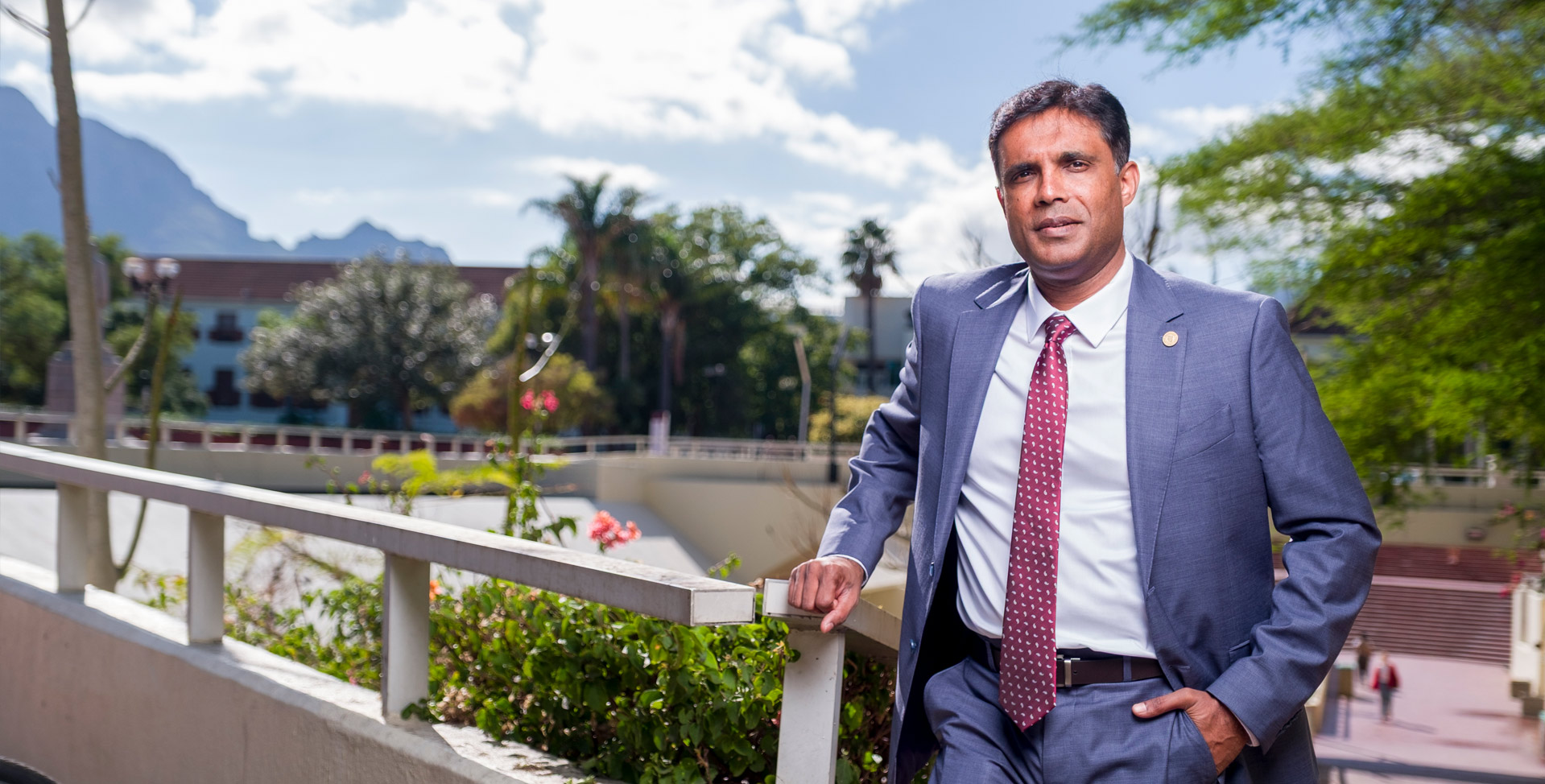
Rector and Vice-Chancellor
The Rectorate
The Rectorate (Executive Management) consists of the Rector and Vice-Chancellor, Deputy Vice-Chancellors (each responsible for a major portfolio), the Chief Operating Officer and the Registrar. This team is responsible for the day-to-day management, strategic planning and operational execution across the University.

Prof Nicola Smit
Acting Chief Operating
Officer
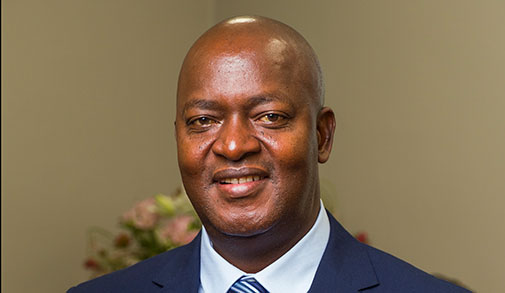
Prof Samuel Tshehla
Acting Deputy Vice-Chancellor: Strategy, Global and Corporate Affairs
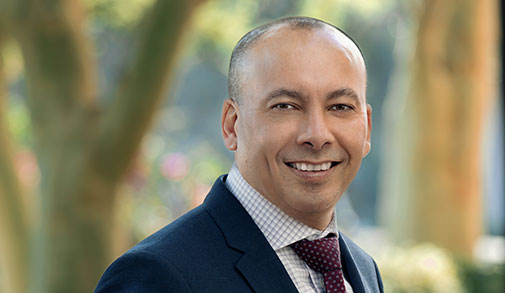
Prof Richard Stevens
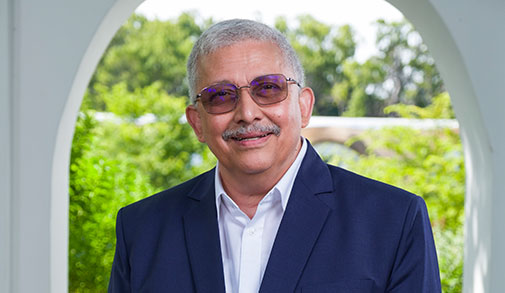
Prof Nico Koopman
Deputy Vice-Chancellor: Social Impact, Transformation and Personnel
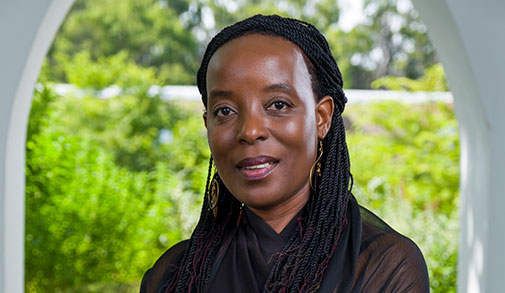
Prof Sibusiso Moyo
Deputy Vice-Chancellor: Research and
Innovation
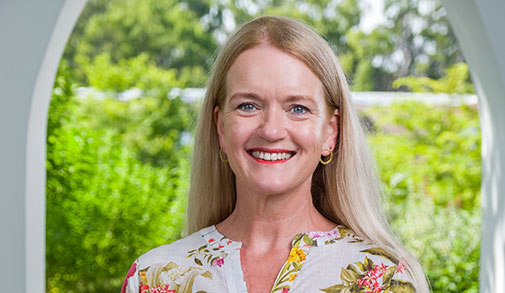
Dr Ronel Retief
Registrar
The General Management Committee (GMC) consists of the members of the Rectorate, the Registrar, the Deans of the University's 10 faculties, the Directors of the two type-3 schools, as well as Chief and Senior Directors of the various professional, administrative and support service divisions. Matters of academic and administrative interest are discussed by the GMC and the members serve in an advisory role to the Rectorate.
Statutory Bodies are established in terms of the University’s Statute and national legislation. These include the University Council, Senate, Institutional Forum, Convocation and Student Representative Council. These bodies provide governance, oversight and stakeholder representation, ensuring that the University’s academic, operational and social responsibilities are fulfilled. The Council is the highest decision-making body, responsible for institutional policy, strategy and oversight, while the Senate oversees academic matters. The Institutional Forum, Convocation and Student Representative Council ensure broad participation and input from staff, alumni, and students.
